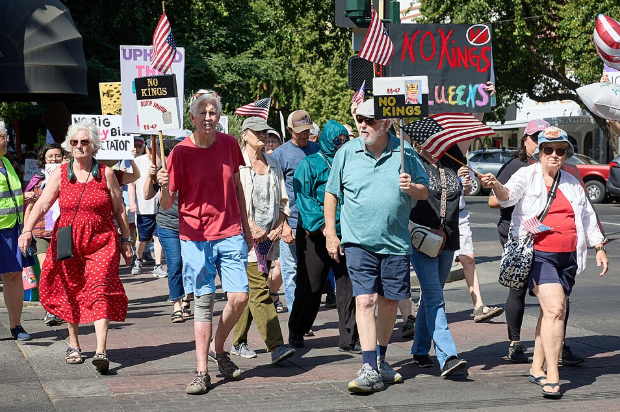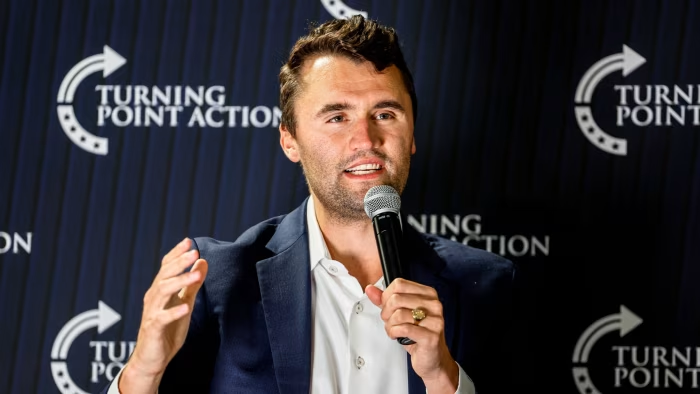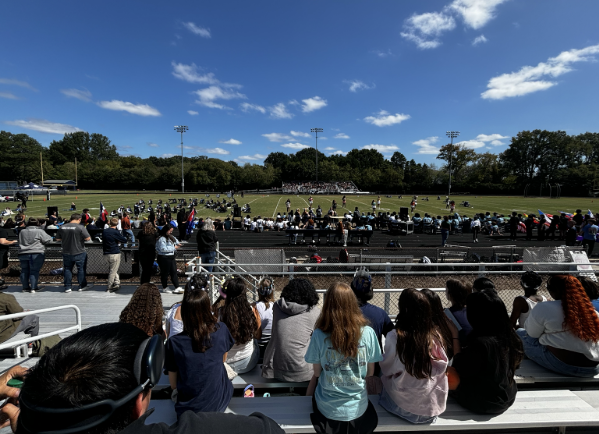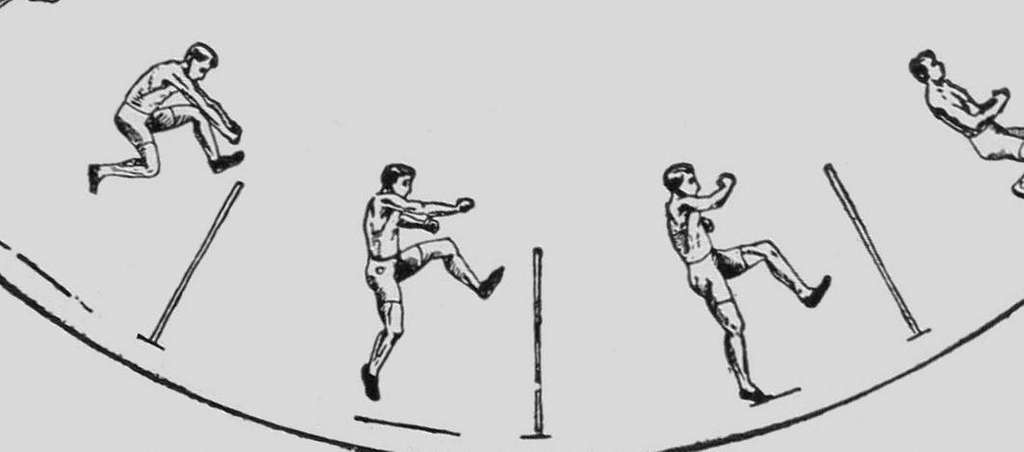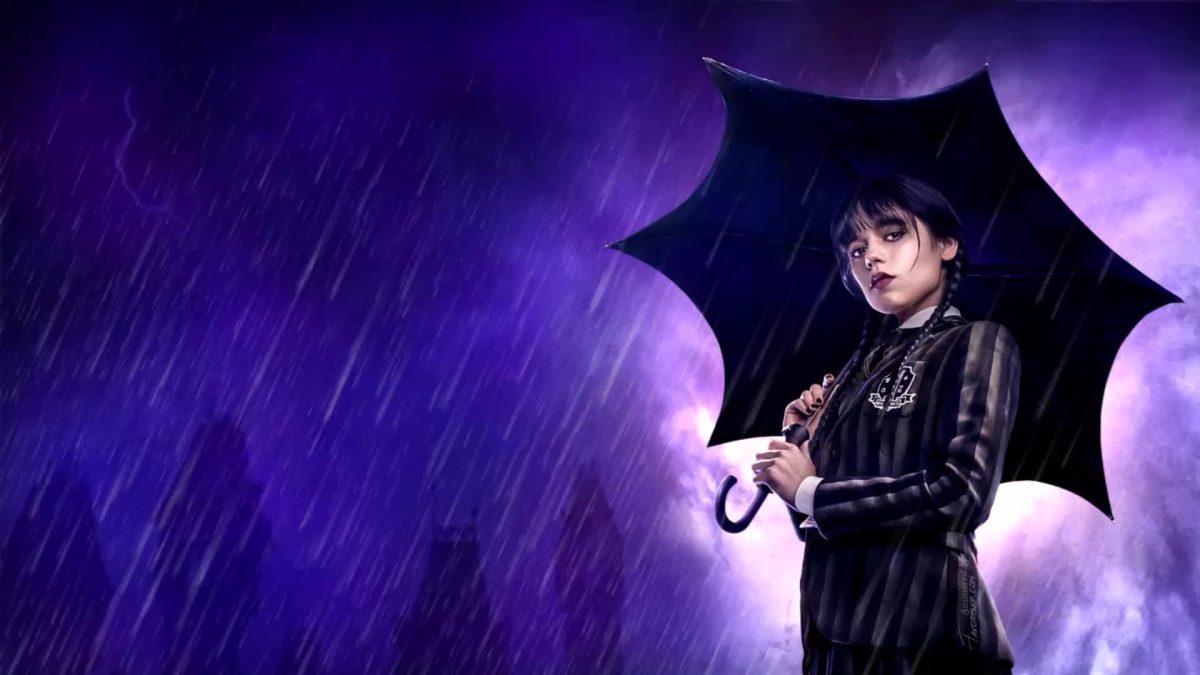
On October 25, 2024, Biden took a trip to the Gila River Indian Community in Arizona to formally address, take accountability, and apologize to the Indigenous community on behalf of America for the atrocities that were Indian Residential Schools.
For 150 years, nearly 19,000 Native children, some as young as four-years-old, were forcibly removed from their homes and put into government-run schools that were meant to assimilate them into White culture. These children were subjected to horrific physical, sexual, and psychological abuse as they had their culture stripped from them.
Residential schools have left an everlasting impact on all Indigenous people to this day. Parents stopped teaching their children their native languages and customs because of the fear the government had instilled in them.
“And for those who did return home, they were wounded in body and in spirit — trauma and shame passed down through generations,” said Biden during his speech. “I formally apologize today as President of the United States of America for what we did… This apology is long overdue and quite frankly there is no excuse this apology took 50 years to make.”
During his presidency, Biden has worked with Indigenous communities to help restore their communities. This includes the revitalization of infrastructure, water, and language, tribal development, and recognizing tribal sovereignty. However, Biden did not go into any specifics during his speech about future plans to help Native communities heal from the generational trauma caused by the boarding school era.
Many felt deeply affected by the apology. U.S. Interior Secretary, the first Indigenous person to serve in a presidential cabinet, Deb Haaland accompanied Biden during the apology. Haaland’s grandparents were victims of Residential schools, giving her a direct link to the pain caused by them. She said, “In spite of everything that has happened, we are still here. We are here, healing our souls…. And we are still here doing our best to speak our languages, even if our parents were afraid to teach us. Thank you, Mr. President, for bringing us together.”
James LaBelle, Iñupiaq, survivor of the Wrangell Institute and Edgecumbe High School, and former president of the National Native American Boarding School Healing Coalition said, “He mentioned all of the harms included in the boarding school era, acknowledged all the abuses we experienced; he didn’t leave anything out.”
Although many others say that this apology is merely the first step. Nick Tilsen, founder and CEO of the Indigenous-led NDN Collective, stated that Biden’s apology could be the beginning of an “era of repair” between Indigenous people and the United States government, but that it must be followed by actions.
The NDN Collective has a list of demands that includes major investing in the preservation of Indigenous languages, revoking any military honors awarded to U.S. soldiers who were a part of the Wounded Knee Massacre of 1890, and clemency for “America’s longest-living Indigenous political prisoner,” and activist, Leonard Peltier.
Although his apology was not accepted by all, it was the first time any American president has ever personally apologized for a tragic piece of American history.
Millbrook history teacher Mr. Grow called it, “a massively historic moment,” that has been overshadowed by the election but it is definitely a big deal that will be talked about by historians in the future.
“The federal Indian boarding school policy and the pain it has caused will always be a significant mark of shame, a blot on American history,” Biden said during his speech. “The pain that this has caused will always be a significant mark of shame.”




